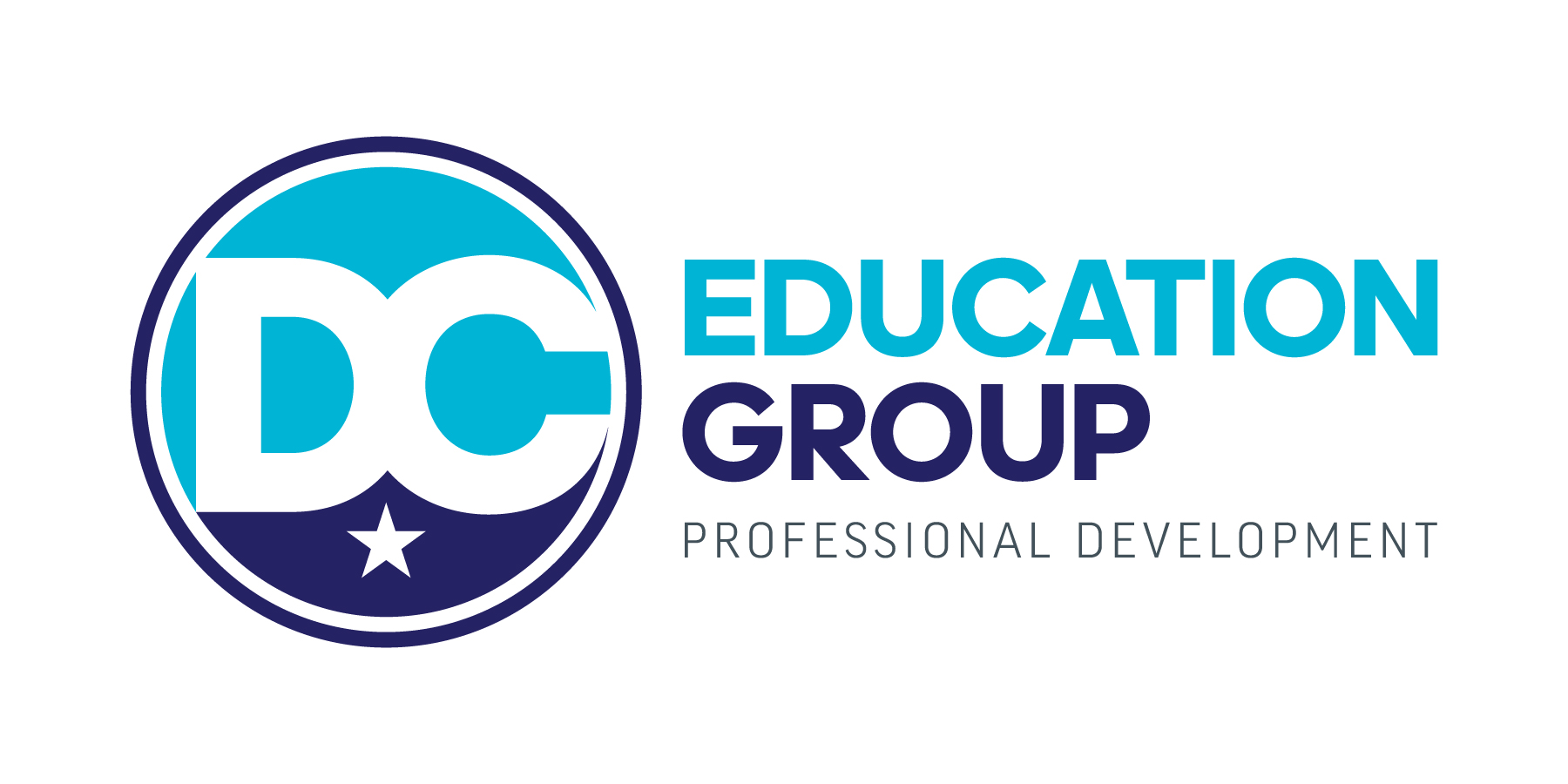Academic advising plays a crucial role in helping college students navigate their academic journey, make informed decisions, and achieve success in their educational endeavors. Academic advisors serve as a valuable resource for students, providing guidance, support, and encouragement throughout their time in school. With the proper training and support, academic advisors can have a significant impact on student success.
One of the key benefits of academic advising is the personalized support and guidance that students receive from their advisors. Academic advisors work closely with students to help them identify their academic and career goals, develop a plan for achieving those goals, and make informed decisions about their coursework and extracurricular activities. By building a strong relationship with their advisors, students are more likely to stay on track, make progress towards their goals, and ultimately succeed in their academic pursuits.
Academic advisors also play a crucial role in helping students navigate the complexities of academic policies, procedures, and requirements. With their in-depth knowledge of the academic system, advisors can help students understand the requirements for their degree program, choose the right courses, and make sure they are on track to graduate on time. By providing accurate and up-to-date information, advisors can help students avoid common pitfalls and challenges that may arise during their academic journey.
Furthermore, academic advising can help students develop important skills such as time management, study skills, and goal-setting. By working closely with their advisors, students can learn how to prioritize their academic responsibilities, manage their time effectively, and set realistic and achievable goals. These skills are essential for academic success and can have a lasting impact on a student’s academic and professional career.
In order to provide effective academic advising, academic advisors must undergo proper training and development. Academic Advisor Training is essential for equipping advisors with the knowledge, skills, and resources they need to support students effectively. Training and academic advising certification programs focus on topics such as procedures, communication and interpersonal skills, advising techniques, and student development theory. By investing in the professional development of academic advisors, institutions can ensure that students receive high-quality advising that is tailored to their needs and goals.
Overall, academic advising plays a critical role in promoting college student success and retention. By providing personalized support, guidance, and resources to students, academic advisors can help them navigate the challenges of higher education, stay on track towards their academic goals, and ultimately achieve success in their endeavors. With proper training and support, academic advisors can make a lasting impact on student success and contribute to the overall success of the institution.
For more information visit:
DC Education Group
https://www.dceducationgroup.com/
DC Education Group offers self-paced training courses such as a student success coaching certificate, academic advising training, a student affairs leadership certificate, and a faculty advising and student mentorship certificate.

